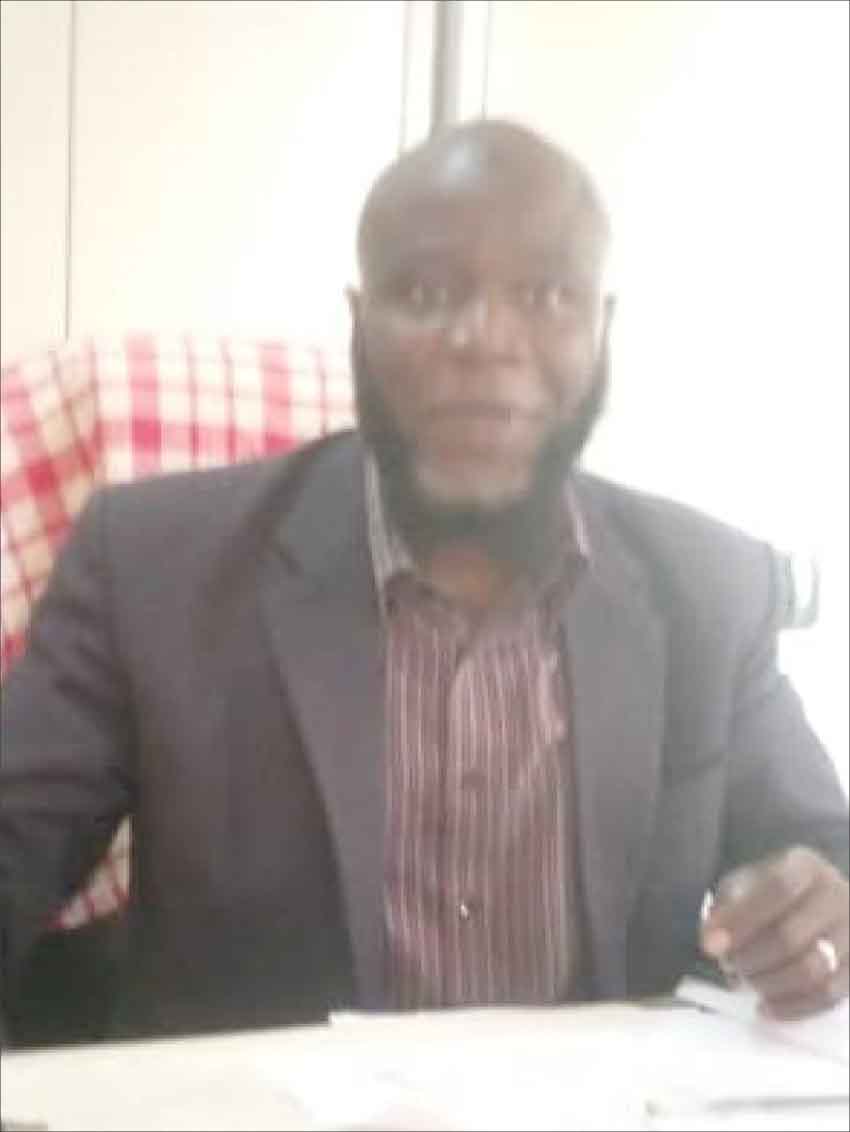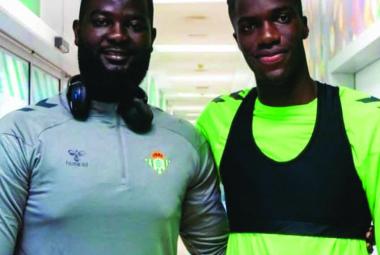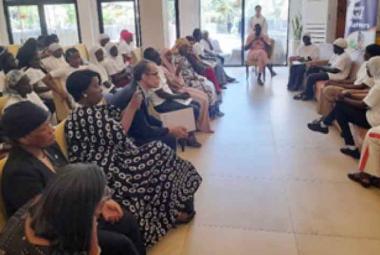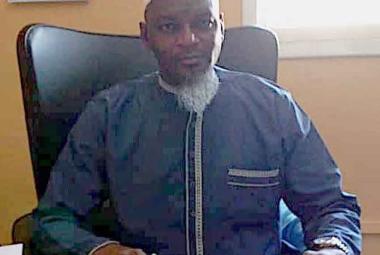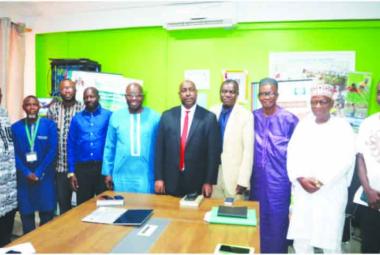By Lamin Kujabi
The Director of National Agriculture Research Institute (NARI) Dr. Demba B. Jallow has called on Gambians to patronise the current crop of local commercial rice producers so that the farmers can have the energy to produce more rice. “Farmers cannot be producing when people are not consuming,” he pointed out, emphasising that buying locally produced rice will encourage more production.
Dr. Demba B. Jallow made this plea in an exclusive interview with Gambia Daily at his office in Brikama, West Coast Region.
On the need for and efforts towards large scale rice production in line with the food self-sufficiency agenda of Government, the NARI boss highlighted what his institution has been doing to assist Gambia attain such ambitious and important goal.
Overall, he explained that his office does what he calls adaptive research. He said they employ this strategy because of limited capacity. “Adaptive research means transporting some technologies from partners, and trying them here locally, to see if they are compatible with the environment”. This he added, is in line with their mandate; which is to solve the problems of farmers. Thus, he said, they bring in inputs like seeds for experimentation. “[For example] there is one variety of rice called ISRI seven (7) brought in just few years ago. Luckily the private sector farmers like Marou Farms, have adapted it and it is giving them a lot of money. We also help them with all the technologies”.
Further on their support to commercial rice farming, Dr Jallow informed that they are providing technical backup to Amidou Jah of Jah Oil as he embarks on large scale rice farming. He said they help him with pest and disease control, as well as supply of good varieties of rice.
Commenting on the involvement of the likes of Jah in rice production, the NARI chief said it will have a positive impact on the country’s food production capability. He encouraged government to provide all the support to Jah and other private sector players who are interested in commercial agriculture. “Jah is very successful in his petroleum business, if he is going to use the same initiatives, he will definitely succeed in the rice sector,” he attests.
He went on: “This is what we need as a country. These small holder farmers cannot lead us to food self-sufficiency. If we want food self-sufficiency at the national level then we have to commercialise agriculture. We have to have tractors, harvesters, planters and other equipment”.
Further on the efforts being made, Dr Jallow said as part of their role – of availing technologies as well as linking farmers to partners, they have brought in South Koreans who are currently based at Sapu, and that they are expecting a lot of equipment from the Republic of South Korea by September.
“I was invited to Senegal to see the equipment that was given to Senegal; they are bringing the same equipment for The Gambia”.
The Director informed that he was recently with the South Korean team around the border in Farafenni to clear two of their containers to the country. “We will work with the team for five years on how to produce good seeds because seeds are the entrance. If you do not have good seeds you cannot achieve anything,” he remarked.
He disclosed that the Koreans will also train farmers on good agronomy practices so that very good quality seeds are produced in the country.
He reminded that the country has the right policies and strategies in place; such as the National Rice Development Strategy, Seeds Development Strategy, and a concept note on how best the country can be food self-sufficiency by 2030.
“The players are on the ground: the Chinese, Japanese and the Korean are here to help move the agricultural sector forward. The African Rice in collaboration with NARI had produced some breeder seeds to prepare for this rainy season. NARI also had produced a lot of breeder seeds to prepare for the rainy season, being handed over to the National Seeds Secretariat,” Director Jallow concluded.

